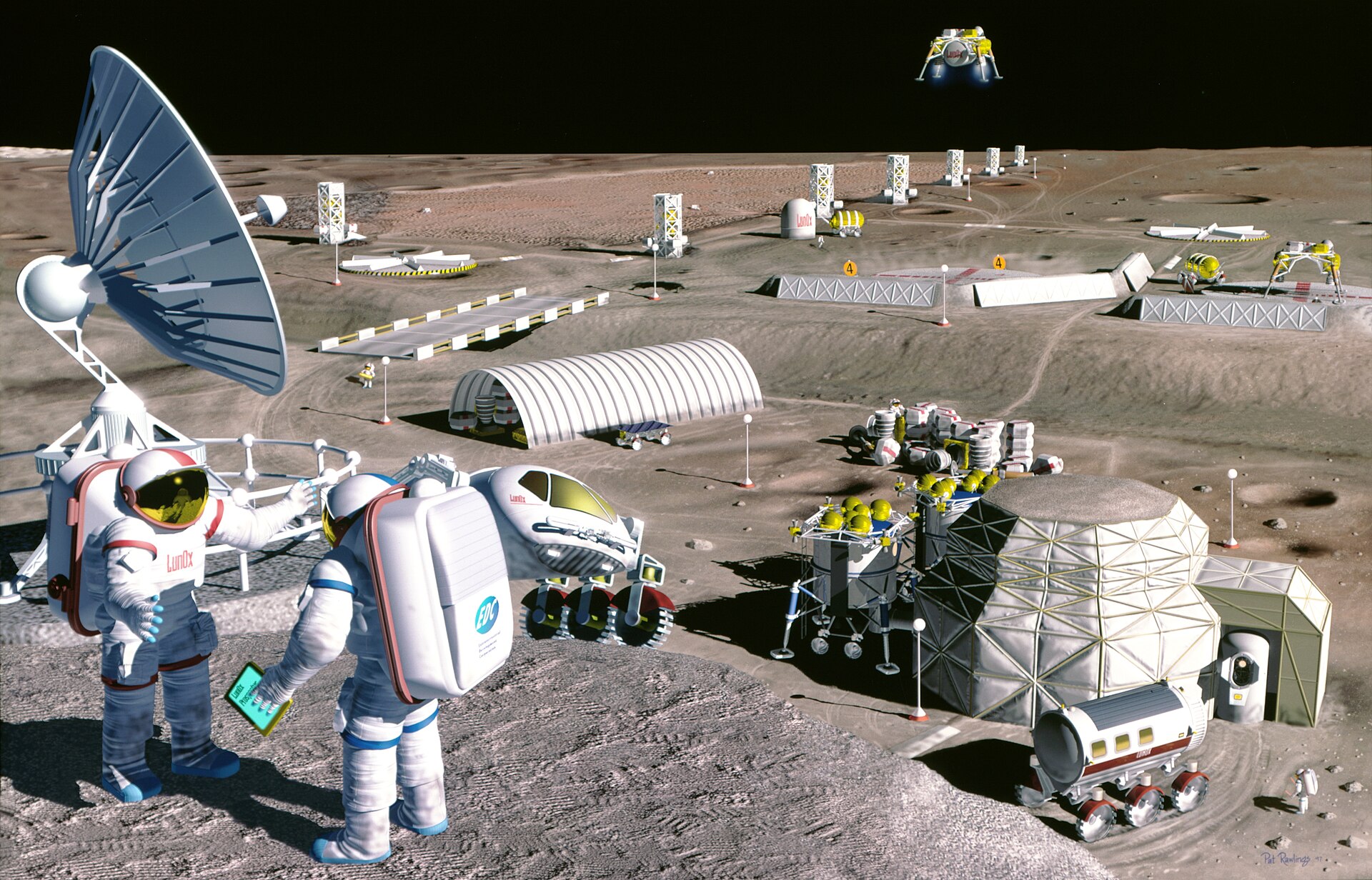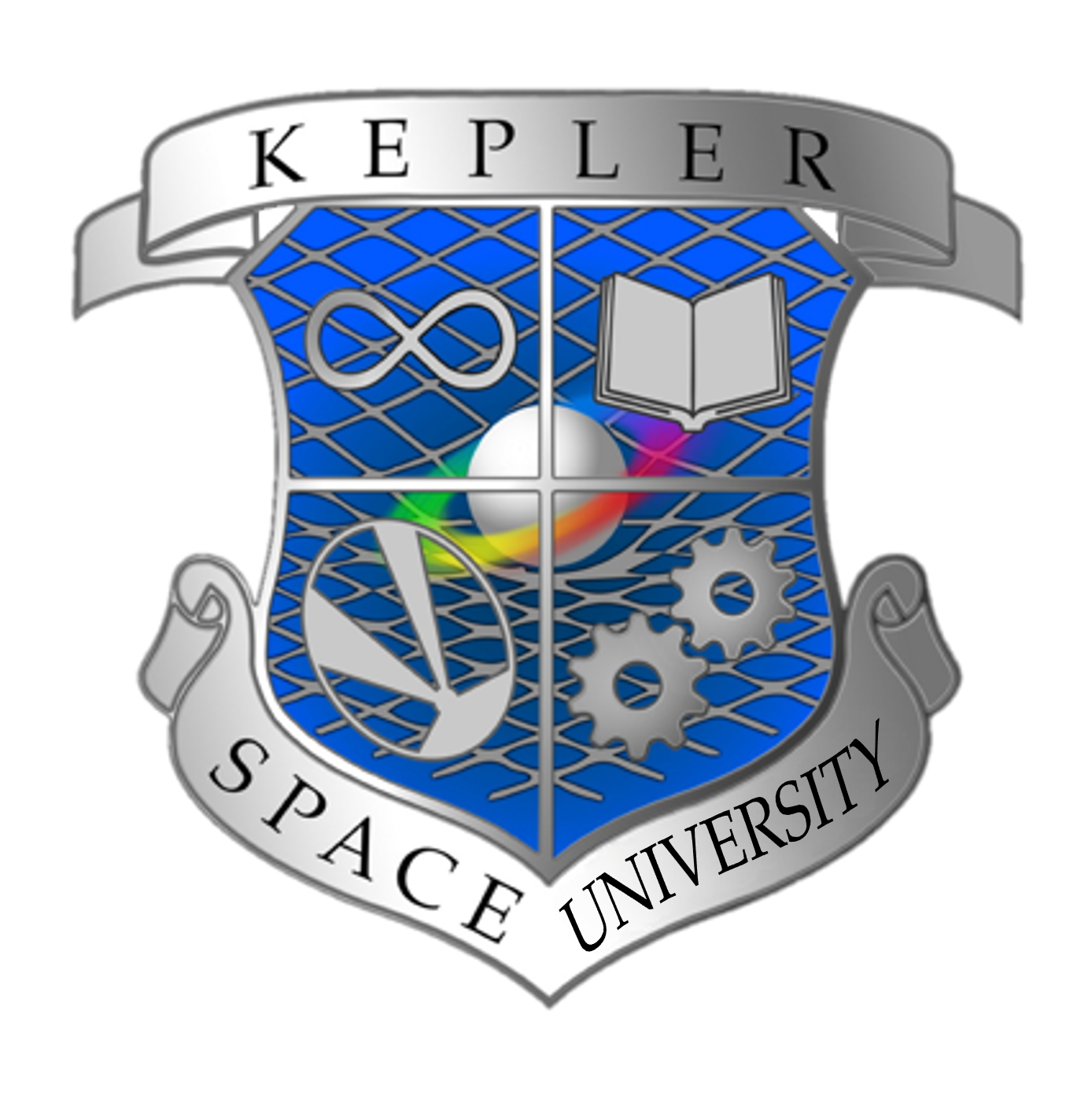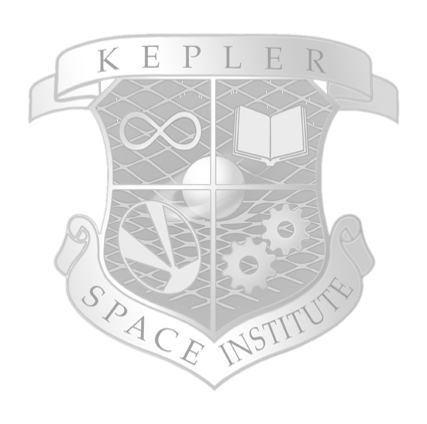The Anthropology of Space Settlement
By Adriano AutinoExplore humanity’s future in space by examining the cultural and societal impacts of living beyond Earth. Through a multidisciplinary lens, this course delves into the intersection of space policy, industrialization, and environmentalism as we envision life in the universe.
FORMAT
Weekly live sessions
ONLINE ACCESS
Progress at your own pace
6 WEEKS
2 hours per week
UPCOMING
SESSIONS
ABOUT THIS COURSE

THE ANTHROPOLOGY OF SPACE SETTLEMENT
This course explores humanity’s journey toward expanding civilization beyond Earth, delving into the cultural, social, and environmental transformations driven by space exploration. Through six thematic lectures, participants will examine the status of human civilization and the push for space settlement, the evolving landscape of space policy, and the democratization of access to space. The course will address the growing space economy and industrialization efforts, while challenging traditional notions of environmentalism by considering planetary ecosystems and interplanetary sustainability. Finally, we will explore the profound cultural shifts experienced when viewing Earth from space—culminating in a fresh interpretation of the “Overview Effect” from the vantage point of the Moon.
WHAT YOU’LL LEARN
- Understand the status of human civilization and its readiness for expansion into outer space, exploring key milestones and future potential.
- Analyze space policy and governance, gaining insights into international frameworks, treaties, and the legal landscape shaping space exploration.
- Explore the democratization of space through “Space 4 All,” examining how technology and policy are making space more accessible to diverse groups.
- Examine the emerging space economy and the industrialization of space, including commercial ventures, resource extraction, and new markets.
- Challenge traditional environmental perspectives by exploring how sustainability extends beyond Earth, incorporating the idea of planetary stewardship in space.
- Discover the cultural and psychological shifts that occur from seeing Earth from space, especially through the lens of the “Overview Effect 2.0,” and how these experiences may reshape human culture and worldview.
SYLLABUS
This 6-week course explores the societal and cultural impacts of humanity’s expansion into space. Each week covers topics such as the current state of civilization, space policy, industrialization, and environmentalism beyond Earth. The course concludes by examining the cultural and psychological shifts that space exploration will bring to human society.
UNIT 1 - Status of Civilization & Perspective of Expansion into Outer Space
- Why the Civilian Space Development shall kick off now
- Why the current age is a historic cusp (referring to Isaac Asimov’s psychohistory)
- The global civilization risk, towards 2030
- The Multiple Crises of the Closed World Philosophy
UNIT 2 – Space Policy
- The Space 18th SDG proposal
- A Strategy for Space Settlement and further Space Exploration
- Civilian Space Development vs. New Colonialism
- Space for Peace and Civilization advance, government support to the space industry
- From space exploration to space settlement: evolution of mission requirements
UNIT 3 – Space for All
- Space development is a Universal Human Right
- The benefits of Civilian Space Development, for Terrestrials and future Space Citizens
- How can space-aspiring peoples join the space economy?
- From economy to eco-trophy
UNIT 4 – Space Business & Industrialization
- New space economy: history, reality and perspectives
- Building in space: first steps, profitable industrial activities to be developed in Earth Orbit and beyond
- Orbital Debris: a great business opportunity – scientific and legal challenges
- Producing propellant in space, from In Situ Resources
UNIT 5 – The true Environmentalism is not Earth-bounded
- A Planet B strategy, taking care of Planet A!
- The environmental question
- Refutation of the degrowth doctrine
- The Solar System, a living organism?
UNIT 6 – The Overview Effect 2.0
- Living in space will dramatically change human perception of the world and human relations (Frank White’s Overview Effect)
- Will space citizens be subject to terrestrial astropolitics?
- The reality of humans thriving on the Moon could be quite different from what we expect
- A long history of collaboration and friendship on the ISS and previous orbital stations.
INSTRUCTOR

Adriano V. Autino
Founder and CEO of Space Renaissance International, Kepler Space University
Adriano Vittorio Autino is co-founder and former President of the Space Renaissance International (SRI), an inter-cultural NGO, whose mission is the opening of the space frontier: low-cost access to space, space tourism, geo-lunar space industrialization, use of near-Earth asteroids, and full development of space economy. Diplomed in Industrial Electronics, Adriano was a software engineer, project manager, and entrepreneur in real-time automation systems. His insatiable aim to engage on the frontiers led him to work in the aerospace environment, and to conceive an integrated software tool, supporting system engineering and project lifecycle management processes. Adriano authored and co-authored several books, papers, and articles on the theme of civilization expansion into outer space.
WAYS TO ENROLL
The Anthropology of Space Settlement
Explore humanity’s future in space by examining the cultural and societal impacts of living beyond Earth. Through a multidisciplinary lens, the content delves into the intersection of space policy, industrialization, and environmentalism as we envision life in the universe.
PROFESSIONAL $900 USD
EDUCATOR $500 USD
STUDENT $300 USD
Frequently Asked Questions (FAQs)
Who can enroll?
Students from all walks of life are invited to enrol! All you need is access to email and a strong internet connection to participate in live sessions and watch KSU educational content.

